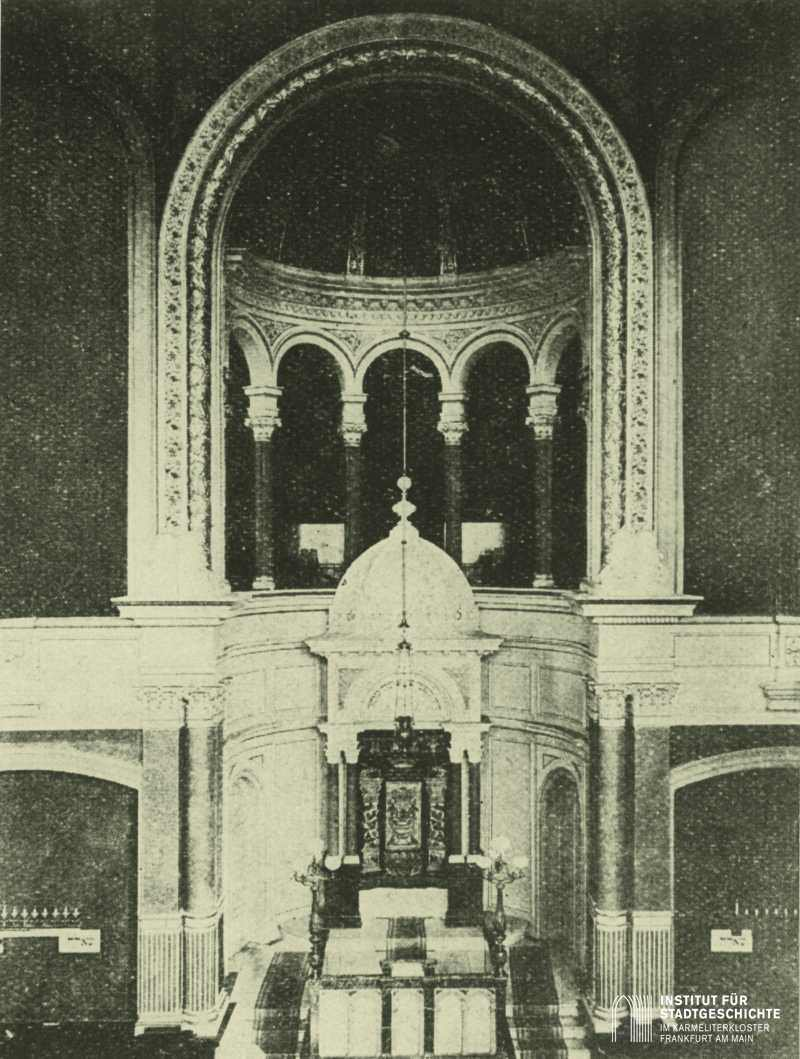
Israeli tank crosses the Suez Canal, Yom Kippur War, 1973
October 9th,
1973. The invasion had been on for three
days already and the situation was dire.
Already she had ordered preparations for the use of nuclear weapons but
that was not all Prime Minister Golda Meir would do to save her country. She also issued another plea directly to the
leaders of the West for supplies to replace those that had been lost. The Soviets were resupplying the Arab states,
would the Western powers do the same for their ally?
Only in DC was there a positive response. Secretary of State Kissinger, who had quietly been advocating for limited American support, was able to convince President Nixon to begin Operation Nickel Grass which saw over 20,000 tons of materiel sent to Israel.
This support, added to the grit and determination of Israel’s leaders and fighters, snatched victory out of the jaws of what seemed would be certain defeat.
We remember the Yom Kippur War on this, its 50th anniversary. And we do so as Israel faces perhaps an even greater crisis of existence. For at just the same time as miraculously, relations with the very same Arab states that sought to destroy Israel half a century ago are now at the warmest and strongest place yet, Israel’s very identity as a Jewish and democratic country is at risk.
As Zionists, Israel is dear to our hearts and what happens there always feels as if it is happening in part to us. Yet as American Jews, certainly for myself I can speak, the attitude has always been “we are not on the front lines” and so we can’t comment or act as Israelis must given that they live it every day.
My friends, this can no
longer be our attitude. Fifty years ago,
it was an American Jew who heard Israel’s call for help. And while I don’t pretend to think that Henry
Kissinger was motivated solely by a sense of Jewish loyalty, it does set up for
us what the model must be. It has been,
in fact, for centuries, the case that the Jews of the Diaspora, and all the
more so in the affluent countries of the Jews’ Exile, to support and even
intervene in the doings of the Jewish community in the Holy Land both before
Israel was a state and since then.
If Israel is to be the
sort of light to the nations we want it to be, if it is to be reshit
tzmichat geulateinu, the beginning of our redemption from Exile, then we
have no choice but to act.
I’ve admired the Netanyahu
family for more than one hundred years.
I wasn’t around that whole time, but the work of Benjamin Netanyahu’s
father, the historian Benzion Netanyahu, played a valuable role in my
understanding of Jewish history. Who
could not be an admirer of Yoni Netanyahu, who embodied the spirit of
Israel. And I will admit to having liked
Bibi as prime minister – at least some of the times he was prime minister. This is important only inasmuch as it shows
that above all, we as Jews, whether rabbis up here or congregants out there all
need to think for ourselves and reflect on what we think we know and be open to
new ways of understanding when the truth is presented to us.
The truth is now that
Netanyahu is in government primarily for himself, betraying the legacy of his
family and his own past legacy. And this
is clear from the coalition he has assembled.
Parties on the outside of Israeli politics, rightfully so, are now at
its center. Advocating for legislation
that would negatively impact non-Orthodox Jews, LGBTQ Israelis, women, and the
Arab population both of Israeli citizens and in Gaza and the PA.
Israel is supposed to be a
Jewish and democratic society. I once
saw an argument on the Knesset floor between a Likud member (Netanyahu’s party)
and one from Labor arguing over which party had welcomed gay and lesbian
members first. And while I realize that
Israel does not have a separation between synagogue and state as we do, and
that in itself is not wrong, the balance that has existed between secular and
religious norms in society has by and large been reasonable, and now it is in
danger of tipping to a minority of a minority of those on the right of the
Israeli Jewish religio-political spectrum.
And how does the governing
coalition hope to effect these changes, changes let loose by the lack of the
PM’s having a policy program other than staying in power? By limiting the role of the Supreme
Court.
Israel is a parliamentary
state, modeled on the UK. As such, there
is no separate executive – the Knesset is both that and the legislature. The courts stand separate as a check on
power. This is made the more complicated
because, like the UK, Israel does not have a constitution. It has what are called Basic Laws, but even
these are, shall I say, “squishy” in terms of what becomes one, how that
happens, and what it means to violate one.
Yet the system has worked, with the Courts being able to call into
question laws passed that break a reasonableness bar with regard to the Basic
Laws.
Netanyahu’s coalition
wants to curb the Court by making it possible for a simple majority in the
Knesset able to invalidate the Court’s finding that a law is unreasonable. It also wants to change the way in which
decisions can be made into Basic Laws.
While some check on the
Court, perhaps a super majority in the Knesset, is probably a good idea, and so
too a clearer understanding of what Basic Laws are, would serve Israel well,
that is not what is happening now.
And so, we see the
protests – fierce but thus far not effective, against this effort to upturn the
balance of power.
Again, how tragic, that
just as a state of peace with its neighbors once unimaginable seems just ready
to dawn that Israel tear itself apart from the inside.
In 1773, the Jews of
Newport, Rhode Island, hosted Chaim Isaac Karigal, an emissary (or schnorrer
you might say) from the Old Yishuv, the Jewish community of pre-State
Israel. Dressed in the exotic manner of
a Turkish nobleman, Karigal, communicating with those early colonial Sephardic
Jews in Ladino, requested support for the poor Jews of the Land of Israel. The Jews of Newport were happy to help.
This is probably the
earliest reference to American Jews assisting the Jews of Israel. It is far from the last. Raising money, visiting,
Helping found Hebrew
University. Supporting the War of
Independence. Countless examples abound
of Diaspora Jews and American Jews in particular weighing in at critical times
in Israel’s life.
And now is another of
those times. We cannot take the old “Israelis
have to decide attitude.” Let our
actions as Jews motivate us to support those in the streets of Israel waving
the blue and white banner. Let us aid in
ushering the time of our Redemption into being by allowing Israel to be what
its Declaration of Independence says it is meant to be a country that, “will
guarantee freedom of religion, conscience, language, education, and culture” to
all its inhabitants.
Use all the ways you would
act politically here be the ways you reach to Israel. And perhaps most of all. Let people, in particular young people, about
whom we hear so much regarding their distance from and diffidence towards
Israel, see how it is truly a land of all Jews, a miraculous land. A land so important to our history and world
history that we cannot but take an active and keen interest in its future.
May it be true the prayer
we say:
Avinu
she-ba-Shamayim, stronghold and redeemer of the people Israel: Bless the State
of Israel, beginning of our redemption. Shield it with Your love; spread over
it the shelter of Your peace. Guide its leaders and advisors with Your light
and Your truth. Help them with Your good counsel. Strengthen the hands of those
who defend our holy land. Deliver them; crown their efforts with triumph. Bless
the land with peace and its inhabitants with lasting joy. And let us say: Amen.





